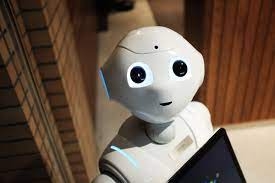Your body burns fat and calories throughout the day to supply energy needed for activity and basic metabolic functions. When you exercise, your body draws on recently consumed calories as well as energy stores for fuel. If you eat fewer calories than you burn, a portion of the energy you expend comes from stored fat.
Where Body Fat Comes From
Calories from the food and beverages you consume either get used immediately or are stored as energy reserves. Your body converts unneeded calories to triglycerides, which are stored in fat cells. Triglycerides can come from fat in your diet or can be made from other calorie sources such as carbohydrates. Essentially, any excess calories you consume get stored as fat. Your body taps triglyceride stores to access energy between meals and, in general, to get fuel for activities when immediate energy from food is not available.
Burning Calories or Fat
When you exercise, your body uses available calories from carbohydrates for energy first. Once carbs have been depleted, triglycerides are released from fat cells to supply additional energy to fuel your physical activity. Since you need to burn 3,500 calories more than you consume in order to burn one pound of fat, you're technically burning both calories and fat. Burning more calories than you take in forces your body to access energy stored as fat. Likewise, burning fat without increasing your caloric intake means that your body will use more of the calories you consume and store less of them.
Diet and Exercise Effects
You create a calorie deficit when you reduce your caloric intake, increase your level of physical activity or do a combination of both. No matter which method you use, if you eat fewer calories than you need, your body will access fat stores for energy. Your body burns calories constantly to support metabolic functions, physical activity and digestion. Whether those calories come from readily accessible calories or fat stores, you're going to burn fat as long as you maintain a calorie deficit.
Considerations
If you consistently eat more calories than you burn, you won't make a dent in body fat. Even if you exercise when your carbohydrate stores are depleted, as soon as you supply your body with more calories than you need, you start storing the excess as triglycerides. In this case, you're essentially burning calories and storing fat. Even though you may be burning fat during exercise, the effect is only temporary. The American Council on Exercise says that the fat-burning zone is a myth. If you want to lose weight and body fat, the bottom line is that you must create a calorie deficit.













